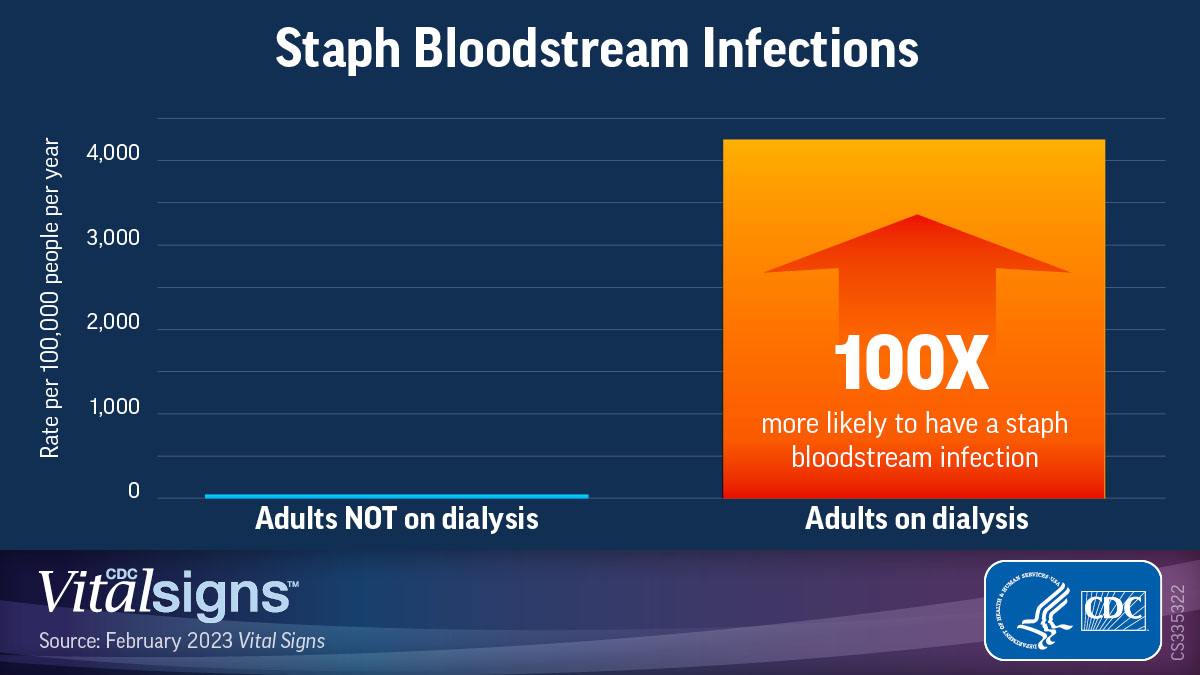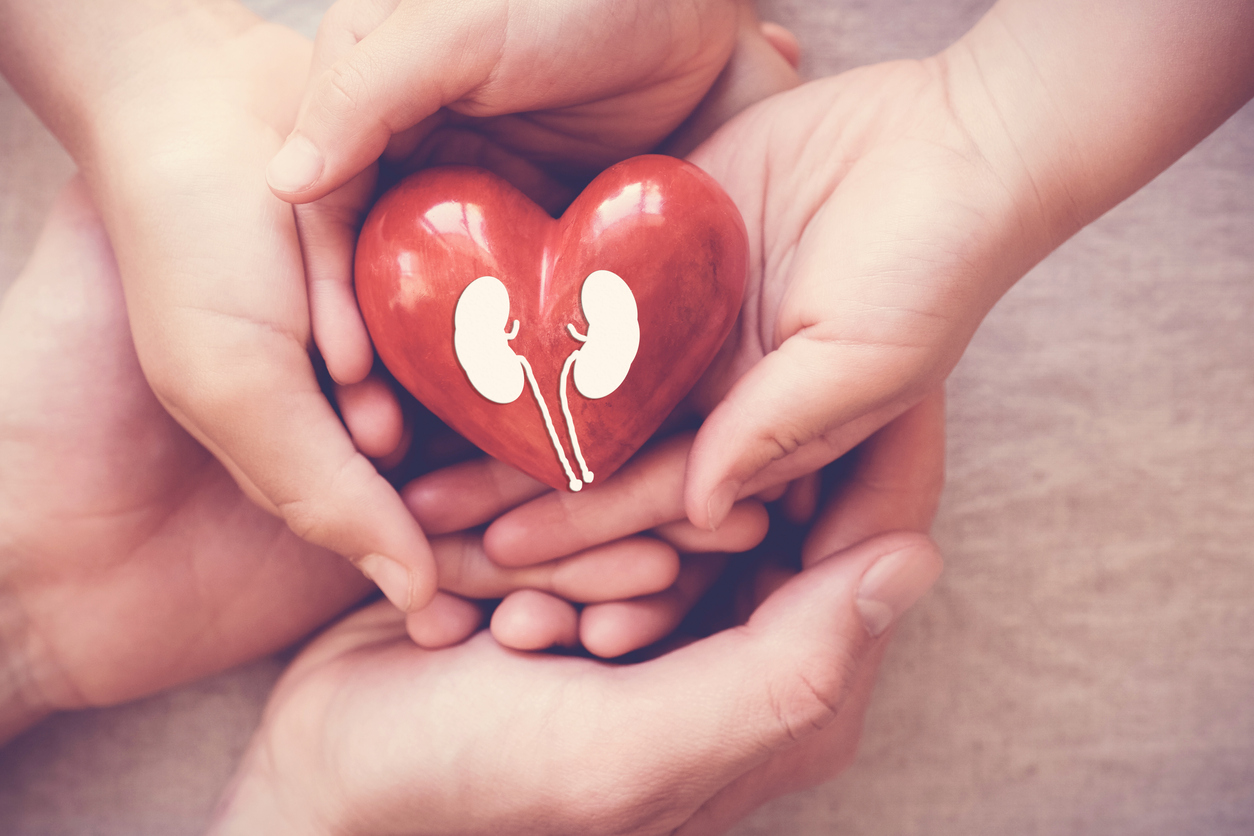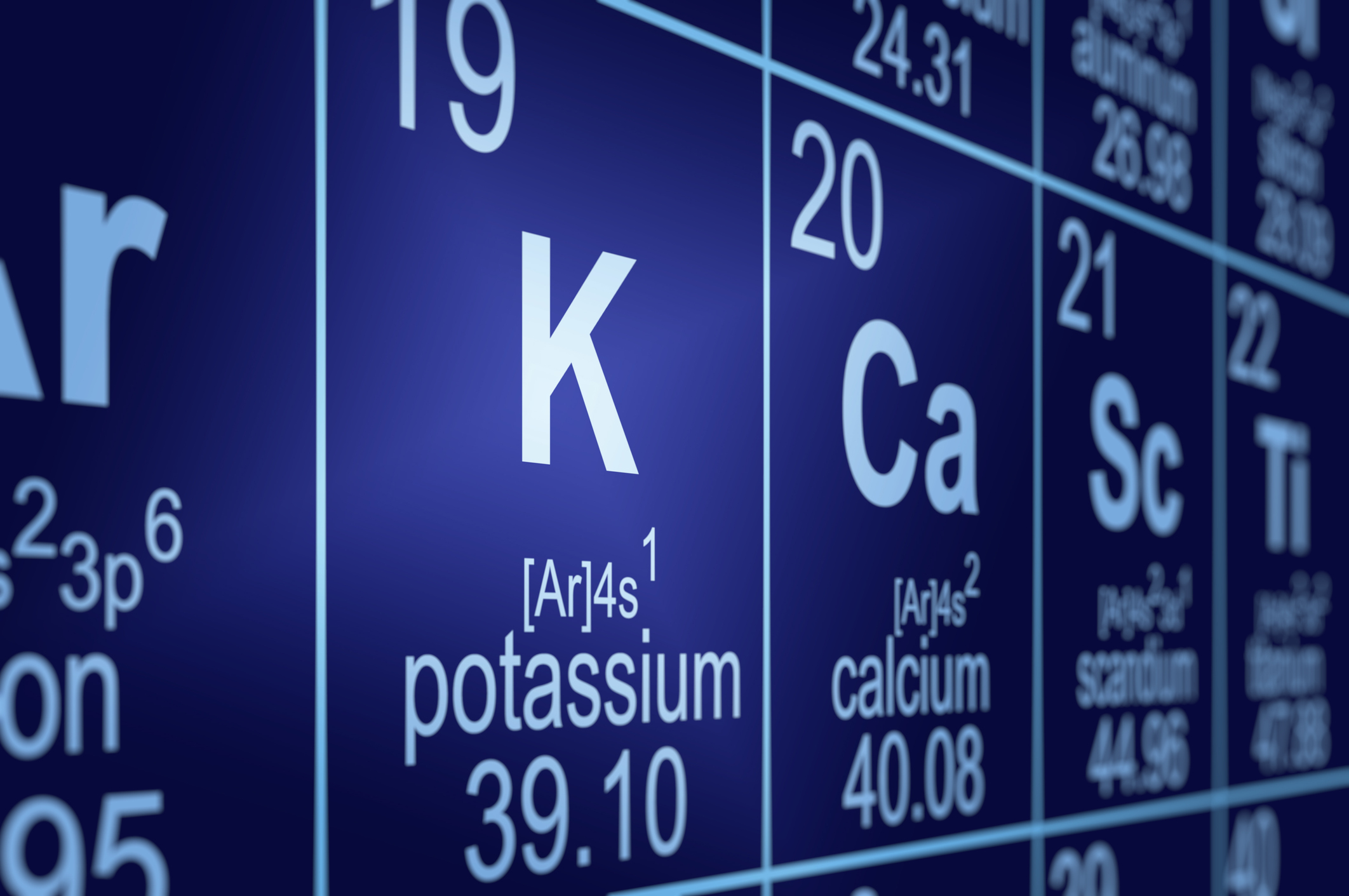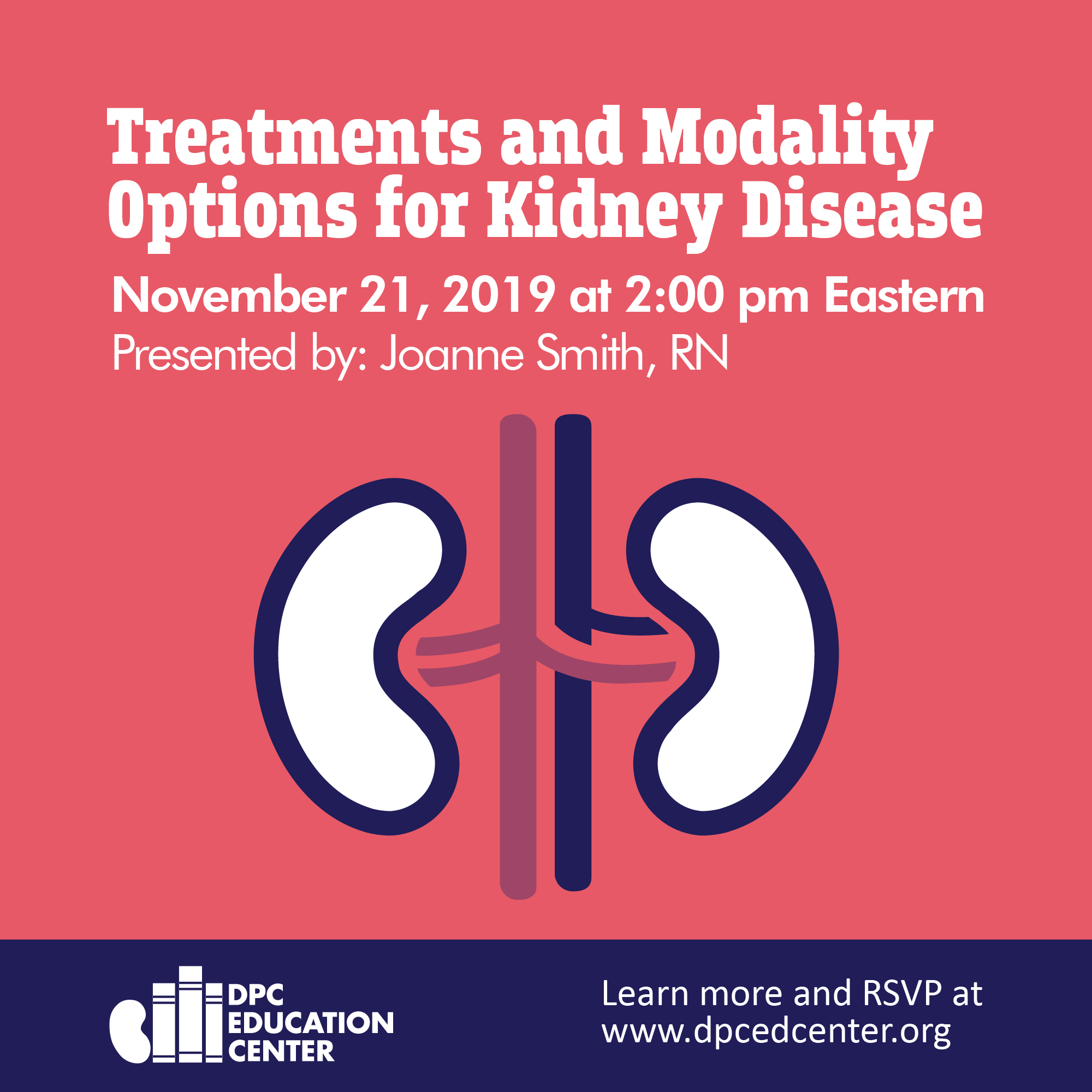Black and Hispanic Patients on Dialysis Have Higher Rates of Staph Bloodstream Infections
Actions to Reduce Inequities Can Save Lives CDC Newsroom Media Statement – Originally published February 6, 2023 Contact: Media Relations, (404) 639-3286 Adults on dialysis treatment for end-stage kidney disease were 100 times more likely to have a Staphylococcus aureus (staph) bloodstream infection than adults not on dialysis during 2017–2020, according to a new Vital Signs report released today by the Centers for Disease Control and Prevention (CDC). More than half of people in the U.S. receiving dialysis belong to a racial or ethnic minority group—about 1 in every 3 people receiving dialysis is Black and 1 in every 5 [...]








